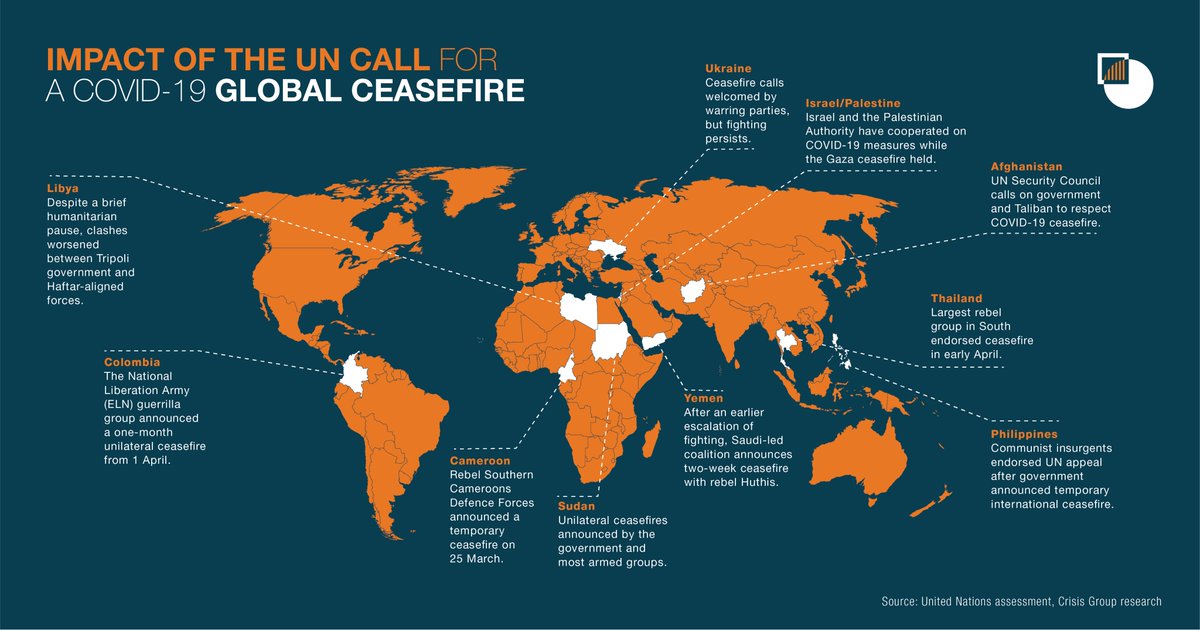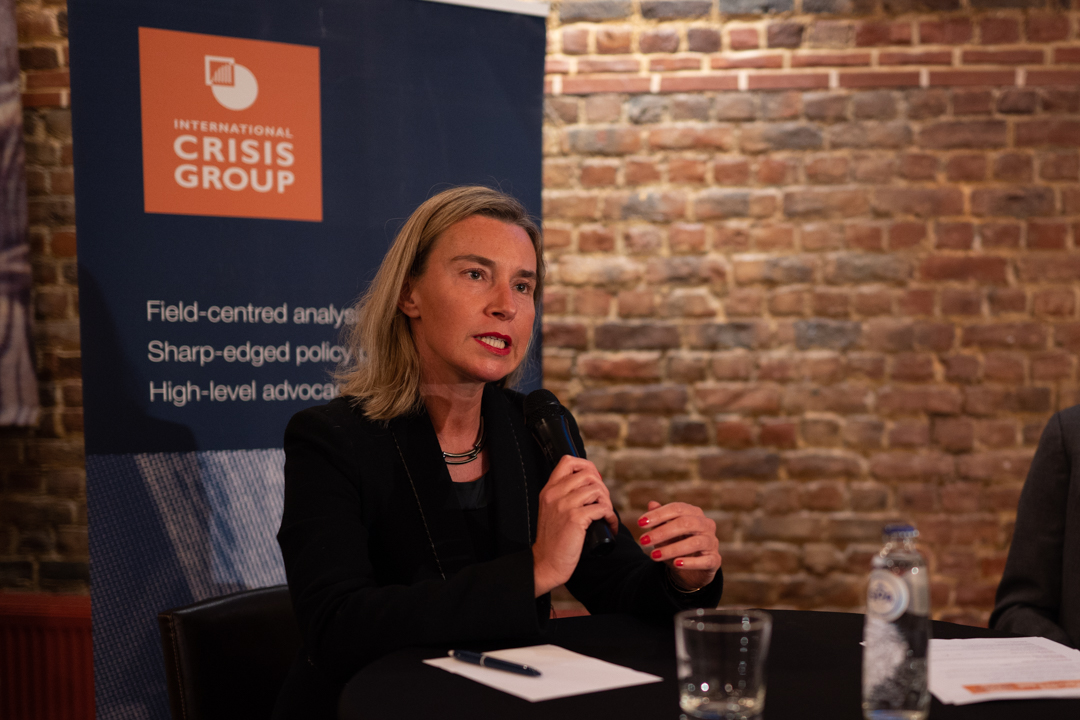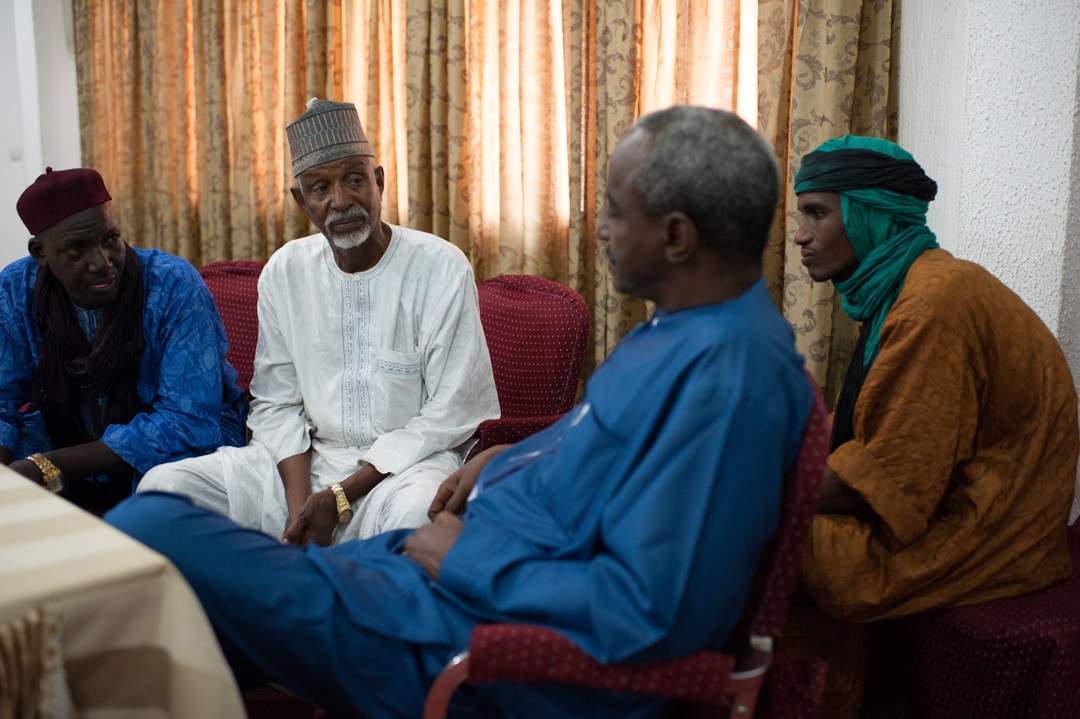
#Somalia is in a dangerous political impasse as political actors have yet to reach a breakthrough in talks about the 2021 elections.
The longer the situation persists, the greater the risk of violence, says Crisis Group's @OmarSMahmood
THREAD 1/10 ⇊
The longer the situation persists, the greater the risk of violence, says Crisis Group's @OmarSMahmood
THREAD 1/10 ⇊
The parliamentary and presidential elections, due by February 8, have been postponed amidst a deep lack of trust between Somalia’s political elites. 2/10
This mistrust is a by-product of the #Farmajo administration’s attempts to centralise power, which has spurred a backlash in a country that has long had center-periphery tensions. 3/10
This has degenerated to the point where political actors have no faith in local security forces which are not under their direct control, leading to disputes over even the logistics and venue of face-to-face meetings. 4/10
This cycle of political tensions has led to an unprecedented situation whereby government mandates reached their constitutional limits without a consensus path forward. 5/10
To cut through the impasse and distrust, @CrisisGroup has argued that external third-party mediation is required. 6/10
bit.ly/3cNdufk
bit.ly/3cNdufk
International actors are currently trying to nudge the parties towards compromise in Mogadishu, but have been hesitant to take on a more direct role.
Nonetheless, Somalia’s partners should be prepared to use all the pressure points at their disposal to ensure compliance.
Nonetheless, Somalia’s partners should be prepared to use all the pressure points at their disposal to ensure compliance.
External monitoring is an unfortunate necessity, given the distrust between competing actors and lack of institutional mechanisms.
Additional breakdowns are likely as new issues arise, and risk stalling the electoral cycle even further.
Additional breakdowns are likely as new issues arise, and risk stalling the electoral cycle even further.
Somalia is very much at an inflection point. Major stakeholders are still in Mogadishu to discuss the elections. If no agreement is reached in the coming days, there will be a heightened risk of political violence.
To avoid adding to the chaos that has long characterised the country, it is in everyone’s interests to figure out a path forward on elections.
Playing for time can only play into the hands of groups like Al-Shabaab looking to exploit the instability, warns @OmarSMahmood ⇊
Playing for time can only play into the hands of groups like Al-Shabaab looking to exploit the instability, warns @OmarSMahmood ⇊
• • •
Missing some Tweet in this thread? You can try to
force a refresh







